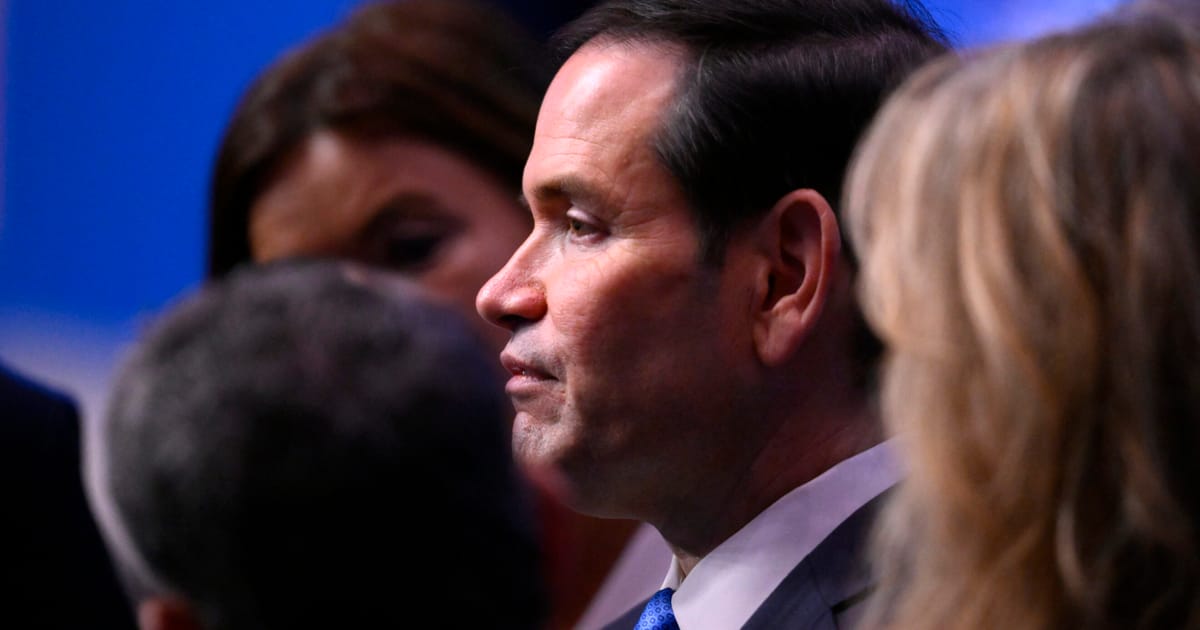Rubio, who came under criticism at the dinner over Trump’s reluctance to toughen up on Moscow, acknowledged to his European counterparts that Russia was the problem holding back peace talks to end the Ukraine war, according to the officials, who were granted anonymity to discuss the private dinner.
But hours later during an exclusive interview with POLITICO’s Dasha Burns on the sidelines of the NATO summit, Rubio outlined the administration’s rationale for holding off on further sanctioning Russia.
“If we did what everybody here wants us to do, and that is come in and crush them with more sanctions, we probably lose our ability to talk to them about the ceasefire and then who’s talking to them?” Rubio said, adding that Trump will know the “time and place” for changing tack.
Asked about the discrepancy, a senior U.S. official said Rubio is stressing the same main points, but his interlocutors are focusing on different parts.
“The secretary has been very consistent in meeting and calls with his counterparts on three key points — one is that the president believes strongly that the only way this war ends is through negotiations; second, as soon as the U.S. imposes new sanctions on Russia the opportunity for the U.S. to be involved in those negotiations closes; and third, that the Senate, in America anyway, is an independent body that at some point is going to move on those sanctions,” the official said.
Sanctions bill in Congress
Although the sanctions bill by Senator Lindsey Graham, a Republican from South Carolina, has more than 80 co-sponsors, which is more than enough to override a potential presidential veto, Senate Majority Leader John Thune, a Republican from South Dakota, has indicated that he prefers to wait for a signal that Trump supports the measure before taking it up.
